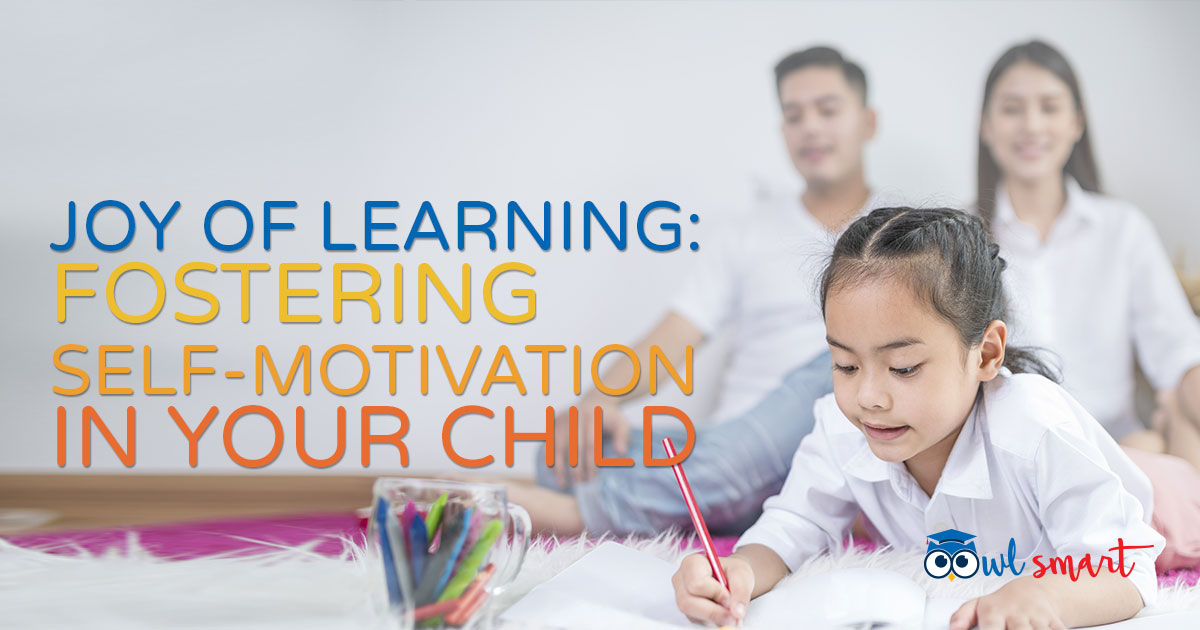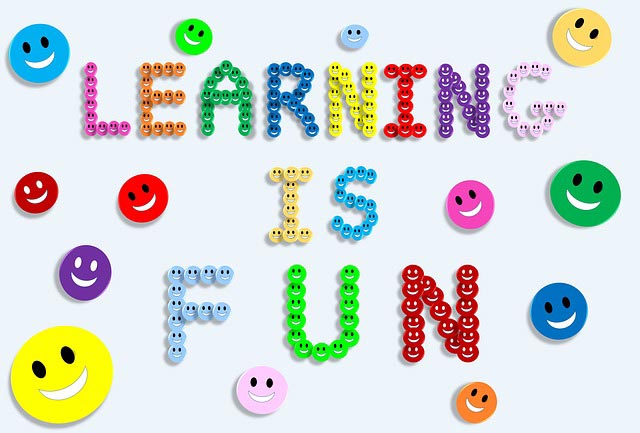
Most families in Singapore consist of parents who are both working in order to meet their financial needs.
As a result, many of the students nowadays are either left to the care of their grandparents, student care givers or domestic helpers.
For the more well-off families, their children are usually sent to classes and classes of enrichment lessons after school time so as to take care of the learning aspects of their kids.
However, for many students who are taken care of by grandparents or helpers, they can only depend on themselves or rely on their own motivation/ self-discipline for their own learning.
Many parents try to monitor, supervise or coach their children after work which is not easy. Parents are either very tired after a day of work or there is not enough time to complete revision.
A lot of parents also find it very tough to motivate their kids to revise or do their homework on their own.
Most of the time, the kids will waste a lot of time in the afternoon playing computer games or laze around doing nothing.

The result is that their children will resort to last minute revision or parents take leave before exam to “supervise” their children so as to ensure that their children are revising actively.
If we can find ways to motivate our children intrinsically, I am sure it is already half the battle won.
The following tips below, which are gathered from different sources, can help your child to discover the joy of learning and be a life-long self-motivated learner.
Enjoy reading!
Tip 1 – Provide a Role Model for Learning
Make use of opportunities to share about new knowledge with him. When your child sees the enthusiasm you show in learning about new stuff, he/she may start to share your enthusiasm for learning new things in lives as well.
Tip 2 – Adopt Learning Styles that Suit Your Child
There are different learning styles as follows: Visual, Auditory, Verbal, Physical, Logical, Social and Solitary.
For example, auditory learners learn best by listening to concepts/skills being explained while visual learners learn best with illustrations/diagrams/models provided.
Find out what type of learning style best suits your child and adopt it as much as possible.
Tip 3 - Create an Environment of Reading Since Young

There is a saying that reading is the key to success in learning. Children who love reading will develop a love for learning. Children who cannot read will struggle to learn too.
Tip 4 - Give your Child Some Control of their Learning Experience
When a child is controlled excessively in his/her learning, it might backfire. Give your child some control of his/her learning experience.
For example, draw out a study schedule together with your child so that he/she is comfortable and agree with the arrangement made. Let your child choose the topic that he/she wants to revise first.
Encourage open communication so that your child will not feel disengage from the learning process.
Tip 5 – Try to Infuse some Fun in Learning

Though not always possible, try to infuse some fun once in a while in the daily learning of your child.
For example, drawing mind maps with some illustrations (cartoons) when it comes to revision for Science etc.
Using online learning portals which usually have some game-based activities to stimulate your child’s interest.
Tip 6 – Make Learning More Authentic
If you are able to make your child realise why he/she needs to learn a certain skill/concept and how it applies to daily lives, your child will be more willing to pick up the new skill or concept on his/her own.
For example, when you see discount posters in shopping mall, talk about the concept of percentage discount in Math when you go window shopping with your child.
Observe the things around you and I am sure there is a lot of things to talk about Science too.
Tip 7 – Focus on the Learning Journey and not the Results

Do not harp on your child’s results/mistakes which do not meet your expectation. Instead, ask your child what he/she has learnt for that day and give him a chance to elaborate his/her learning experience.
Over focusing on end results will demoralise your child further and he/she might be put off by learning even further.
Tip 8 – Use Genuine and Specific Praise
Encourage your child to learn by genuinely praising him/her for small achievements.
Use specific terms in praises. For example, praise your child for showing all his working in steps clearly. This will reinforce and motivate your child to want to learn or improve in his work.
Tip 9 – Pitch Learning at the Right Difficulty Level
Some children are much weaker in answering open-ended questions, writing compositions or solving complex Math problem sums.
Do not expect your child to conquer tougher components in the exam paper when he/she is already struggling in MCQ.
Allow your child to master easier skills and overcome small steps before you expect him/her to overcome bigger ones.
Equip your child with the “I can do it” attitude. Master the basics first. One step at a time.
In this way, the confidence level of your child will be raised and he/she will be more motivated to continue with the next higher level of revision.
Tip 10 – Picture the Victory or Reward at the End of the Tunnel

Let your child visualise the moment when exam is finally over or when he/she felt proud of own accomplishment. Remind him/her of that moment when the revision or exam is over and he/she can finally relax. I know of some schools that show their P6 students videos of the day when previous batches of P6 students just got their PSLE results. The videos show students crying with tears of joy after knowing that they had done well for the exam.
Tip 11 – Helping Others and Peer Competition
Your child can gain satisfaction from helping his/her peers and also in situations whereby they can compare their own performance to others in a healthy and not excessive manner.
In this way, intrinsic motivation in learning can be attainable too.
Conclusion
I hope that the above compiled tips will help spur your child to learn with initiative. Remember, learning is a life-long journey. If you are able to spark the passion of learning in your child, it is going to benefit him/her greatly in whatever he/she does in the future.
About the Author
Teacher Zen has over a decade of experience in teaching upper primary Math and Science in local schools. He has a post-graduate diploma in education from NIE and has a wealth of experience in marking PSLE Science and Math papers. When not teaching or working on OwlSmart, he enjoys watching soccer and supports Liverpool football team.



